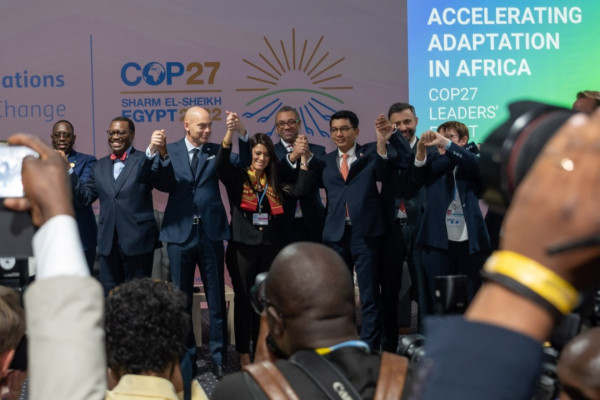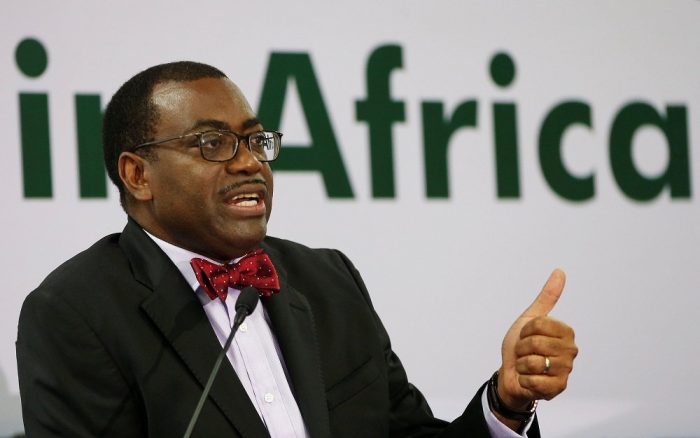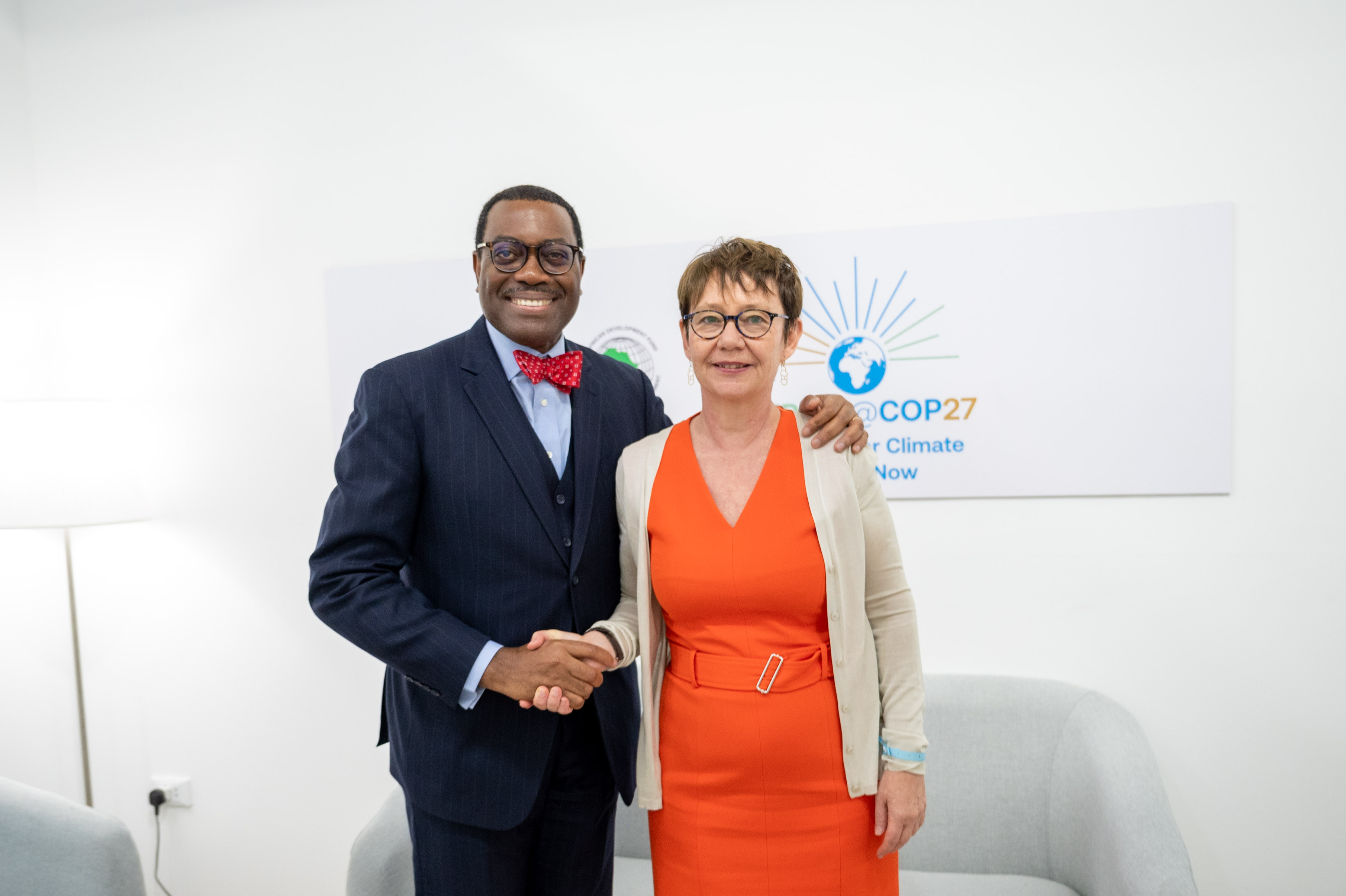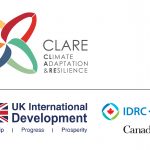At COP29 in Baku, multilateral development banks (MDBs) announced their commitment to providing significant financial support to help countries achieve ambitious climate goals. The MDBs pledged that by 2030, they will collectively provide $120 billion annually in climate financing for low- and middle-income countries, with $42 billion earmarked for adaptation efforts. Additionally, MDBs aim to mobilize $65 billion from the private sector to complement this funding.
For high-income countries, MDBs plan to provide $50 billion in annual climate financing by 2030, including $7 billion for adaptation, with the same goal of mobilizing $65 billion from private sector investments.
MDBs have already surpassed their climate finance projections for 2025, having achieved a 25% increase in direct climate financing and doubling mobilized funds for climate efforts over the past year.
While the scale of MDBs’ financial commitments is crucial, their most significant impact comes from driving transformative change. The banks emphasized the importance of amplifying their catalytic effect by enhancing the results of their financing, engaging more deeply with countries, and supporting the private sector in achieving climate ambitions.
MDBs also called for the establishment of a robust and ambitious New Collective Quantified Goal (NCQG) on Climate Finance at COP29, urging all parties to reach a strong agreement to meet the goals of the Paris Agreement.
To guide these efforts, the MDBs introduced the Common Approach to Measuring Climate Results, a framework to track global progress on climate mitigation and adaptation while aligning it with the results of MDB activities. The MDBs also reaffirmed their support for fostering collaboration between host countries, donors, private sector partners, and other international institutions, such as the International Monetary Fund, through new platforms and initiatives for climate action.










